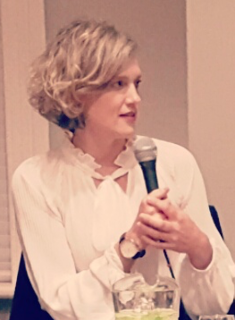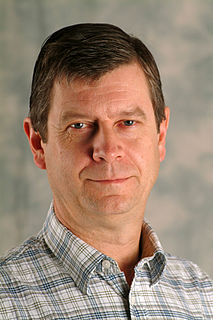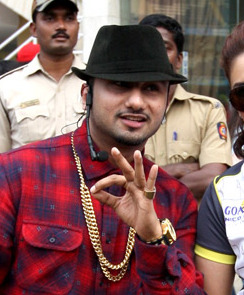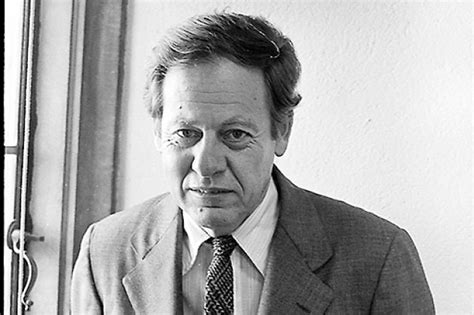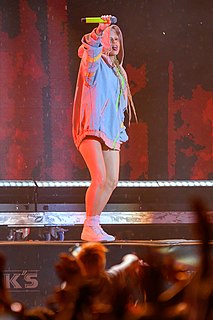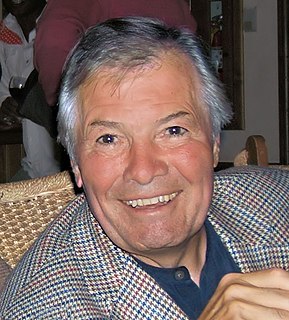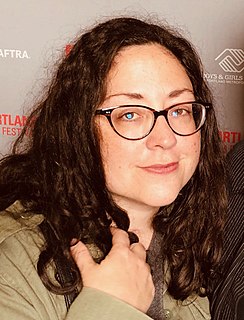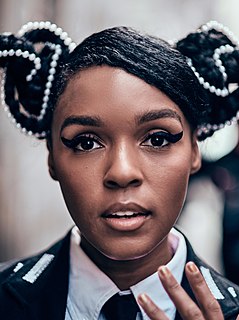A Quote by Laura Wade
Writing a tribe is fun. They have their own language, their own slang; they repeat it, and it becomes part of the texture of the play. For a writer, that's thrilling. That's when my pen flies.
Related Quotes
There's an old little jingle: 'The chief use of slang is to show that you're one of the gang.' What that means is that every social group has its own linguistic bonding mechanism. If there's a group of lawyers, they have their own slang. If there's a group of doctors, they have their own slang, and so on.
On of the reasons that I wanted to study literature was because it exposed everything. Writers looked for secrets that had never been mined. Every writer has to invent their own magical language, in order to describe the indescribable. They might seem to be writing in French, English, or Spanish, but really they were writing in the language of butterflies, crows, and hanged men.
Every time another tribe becomes extinct and their language dies, another way of life and another way of understanding the world disappears forever. Even if it has been painstakingly studied and recorded, a language without a people to speak - it means little. A language can only live if its people live, and if today's uncontacted tribes are to have a future, we must respect their right to choose their own way of life.
The story goes that every Jedi constructs his own lightsaber, and every penmonkey constructs his own pen. Meaning, we all find our own way through this crazy tangle of possibility. This isn't an art, a craft, a career, or an obsession that comes with easy answers and isn't given over to bullshit dichotomies. We do what we do in the way we do it and hope it's right. Read advice. Weigh it in your hand and determine its value. But at the end of the day - and at the start of it - what you should be doing is writing. Because thinking about writing and talking about writing just plain isn't writing.
First, consider the pen you write with. It should be a fast-writing pen because your thoughts are always much faster than your hand. You don't want to slow up your hand even more with a slow pen. A ballpoint, a pencil, a felt tip, for sure, are slow. Go to a stationery store and see what feels good to you. Try out different kinds. Don't get too fancy and expensive. I mostly use a cheap Sheaffer fountain pen, about $1.95.... You want to be able to feel the connection and texture of the pen on paper.
I'm always thinking about young people first when I'm writing music. Whenever I can reach that young person and inspire them to go after their own dreams, start their own movement just like I did with Wondaland. Starting their own tribe and showing people that we are not all the same, we're not all monolithic. I think that's what it's all about for me.





